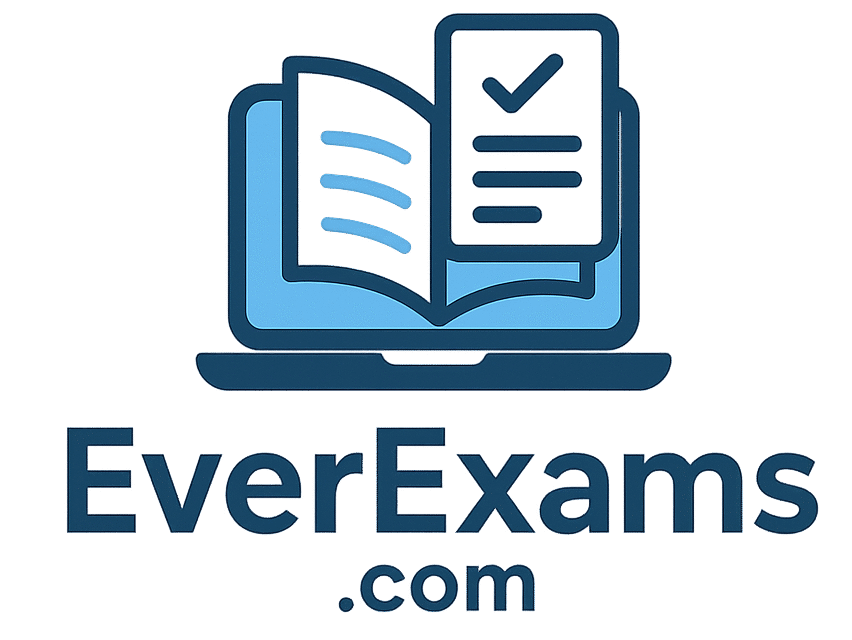Tag: introduction to chemotherapy nts
-
Introduction to Chemotherapy MCQs – Key Concepts and Practice
Master the fundamentals of chemotherapy with targeted MCQs. Learn about antimicrobial agents, cancer therapies, and mechanisms of action to boost your exam readiness.

